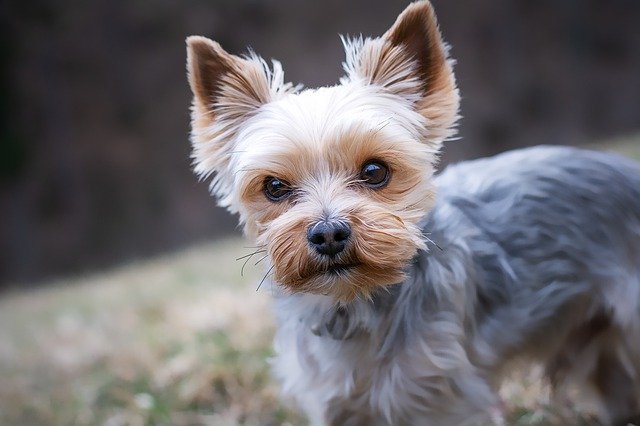
As your puppy learns to inhibit the stronger bites, raise the standards and begin performing on the less strong bites. Even if they don’t hurt much, just pretend they are doing . They’ll help the puppy to further refine his bite inhibition skills, so he’ll go from learning to bite softly to learning to decrease the frequency of mouthing and eventually to not mouth in the least . Remember to praise when your puppy when he doesn’t apply any pressure.
Goals: It’s never too early to find out bite inhibition, start it as soon as those teeth start hurting, catch on down by the time his adult canines erupt and definitely before the jaw develops to its full potential. By 5 months, you ought to see progress within the dog softening his mouth, and by 8 months he should not be putting his teeth on human skin. Einstein Says: Setbacks are norm Did you miss the boat and now own an adult dog that has little bite inhibition? within the next section, we’ll check out the way to teach bite inhibition in an older dog. Understanding Bite Inhibition in Adult Dogs Biting legSo you bypassed the puppy stage or got an older dog with an unknown history, and are now cursed with an adult dog with little bite inhibition. Things get tricky at now .The dog is not any longer a fresh start sort of a puppy is, and should now have a history of reinforcement derived from biting this manner . It could even be that he’s genetically predisposed to bite harder. While the adult dog are often taught the way to gauge his bite to some extent, the matter is that when the dog is overly aroused by emotions like excitement, fear, play, defense or stress, he won’t remember to bite gently and should revert back to biting hard, whereas a puppy who has been taught to be softmouthed from the getgo might not . This can sometimes get problematic; especially in households with children. If your dog is sort of young, he should learn some ABC’s of bite inhibition when he plays with other dogs. The same thing happens as when the pup was within the litter, the young dog may bite a touch too hard which can end in the playmate yelping and withdrawing. Of course, use common sense; don’t just risk other dogs getting hurt, have a dog behavior professional assess your dog before allowing him to play with other dogs. Of course though, the disadvantage is that the incontrovertible fact that dogs have much tougher skin than humans. That’s why we’ve a bite scale for dogdog bites and one for doghuman bites. Same goes with the dog’s interactions with you. If he plays then nips you, try saying something like “too bad” and stopping the sport abruptly, ignoring your dog.
Yelping as if in pain, as through with puppies, might not work too well in some adult dogs and it’s going to get some even more aroused . Repeat several times. Don’t assume that bite inhibition stops once the puppy grows; it’s a lifelong process that you simply must keep reminding your dog. What to not do when handling poor bite inhibition: Don’t move your hand away quickly and begin yelling; this might raise your dog’s arousal and your fast hand movement will further excite him. The only sort of punishment you ought to use when your dog bites, is negative punishment (removing yourself from play). Other sorts of punishment like grabbing the pup’s muzzle, giving an alpha roll or shaking the pup or yelling at the pup is counterproductive and should increase arousal levels or cause defensive aggression. Don’t suppress the growl with punishment. If your dog ever happens to growl at you, don’t scold him; doing so may cause biting all of sudden . Don’t wrestle, touch the dog on the face or push him to elicit play, and don’t use your hands or feet as toys to grab during play. I have to sometimes remind people that like to elicit rough play to not wrestle with their dogs as this often reinforces the biting. i actually would hate for them to urge hurt!
Disclaimer: If you think your dog’s biting stems from fearful or aggressive behavior don’t try any strategies suggested above, but play it safe and consult a dog behavior professional.
Don’t suppress the growl with punishment. If your dog ever happens to growl at you, don’t scold him; doing so may cause biting all of sudden . Don’t wrestle, touch the dog on the face or push him to elicit play, and don’t use your hands or feet as toys to grab during play. I have to sometimes remind people that like to elicit rough play to not wrestle with their dogs as this often reinforces the biting. i actually would hate for them to urge hurt!
Disclaimer: If you think your dog’s biting stems from fearful or aggressive behavior don’t try any strategies suggested above, but play it safe and consult a dog behavior professional.
